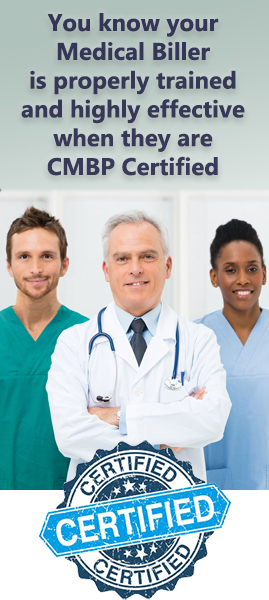Tips for Medical Billers
- 12/20/2021
- Posted by: Medical Billing Course
- Category: Uncategorized

It is estimated that there are over 3.5 million medical billers in the United States, and this number continues to grow each year. If you are looking for a job in the medical field but want to specialize in billing, it is time to learn how to get a medical biller job! In this blog post, we will cover what you need to do when applying for jobs and tips for medical billers.
Tip 1: Check the Job Description
You should always check the company’s job description before applying. If they are looking for someone with a specific degree or experience, you might need to update your resume accordingly to reflect those requirements. You will also want to make sure your resume is free of any spelling and grammatical errors, as this could count against you during the hiring process.
Tip 2: Get Certified
The best way to improve your chances of getting hired is by earning certification in medical billing, such as our easy, online courses. Our curriculum will teach you all about medical terminology, which can help prepare you for what information needs to be included on each claim form and invoice.
It is essential to know how much money has been charged for specific services and what your practice is allowed to charge under Medicare and Medicaid guidelines.
Certification can be an essential part of any job application for medical billing jobs. However, you don’t necessarily need certification to get hired if you have extensive experience working as a biller or coder at another healthcare facility. This should be included on your resume, along with the dates that you worked there. It might even help convince employers that they would not need to spend time training you!
Tip 3: Get Familiar With Healthcare
Doing volunteer work inside a hospital can allow potential employers to see how well-suited you are for this career path before formally interviewing you (for example, helping patients fill out forms). Volunteering will give them insight into whether or not you are a good fit for their office, and they will be more likely to hire you if there is already a positive relationship between the two of you.
Volunteering can also help improve your communication skills which could come in handy if, for example, one of your co-workers or patients has trouble speaking English as their first language. It might even allow employers to see that you have excellent listening skills!
Plus, it shows potential employers that this career path may be something that genuinely interests you since it requires so much time spent volunteering inside hospitals and doctor’s offices.
Remember: always check with each hospital or doctor before applying because some facilities prefer volunteers who only do specific tasks (i.e., filing medical records rather than processing patient forms).

